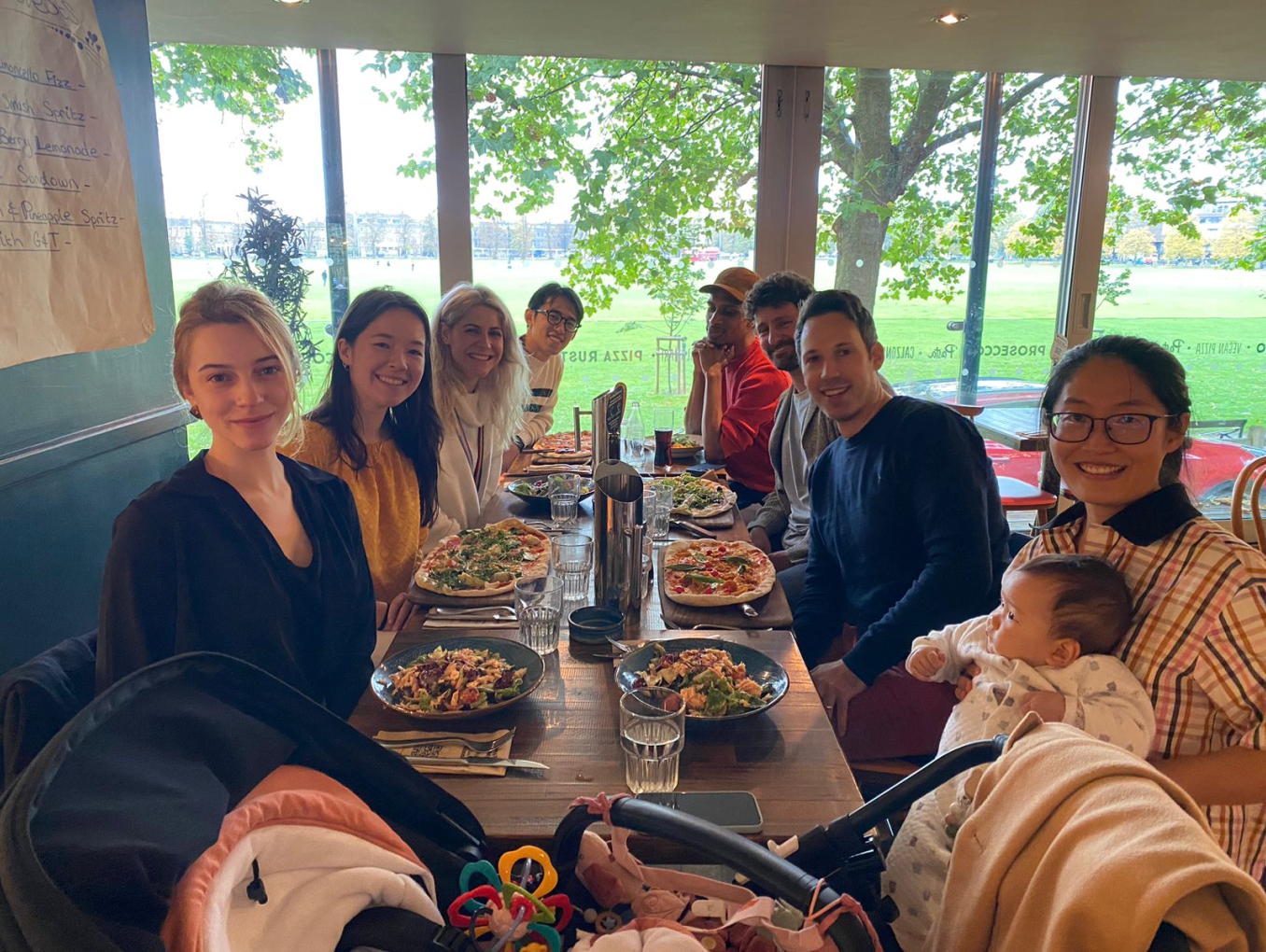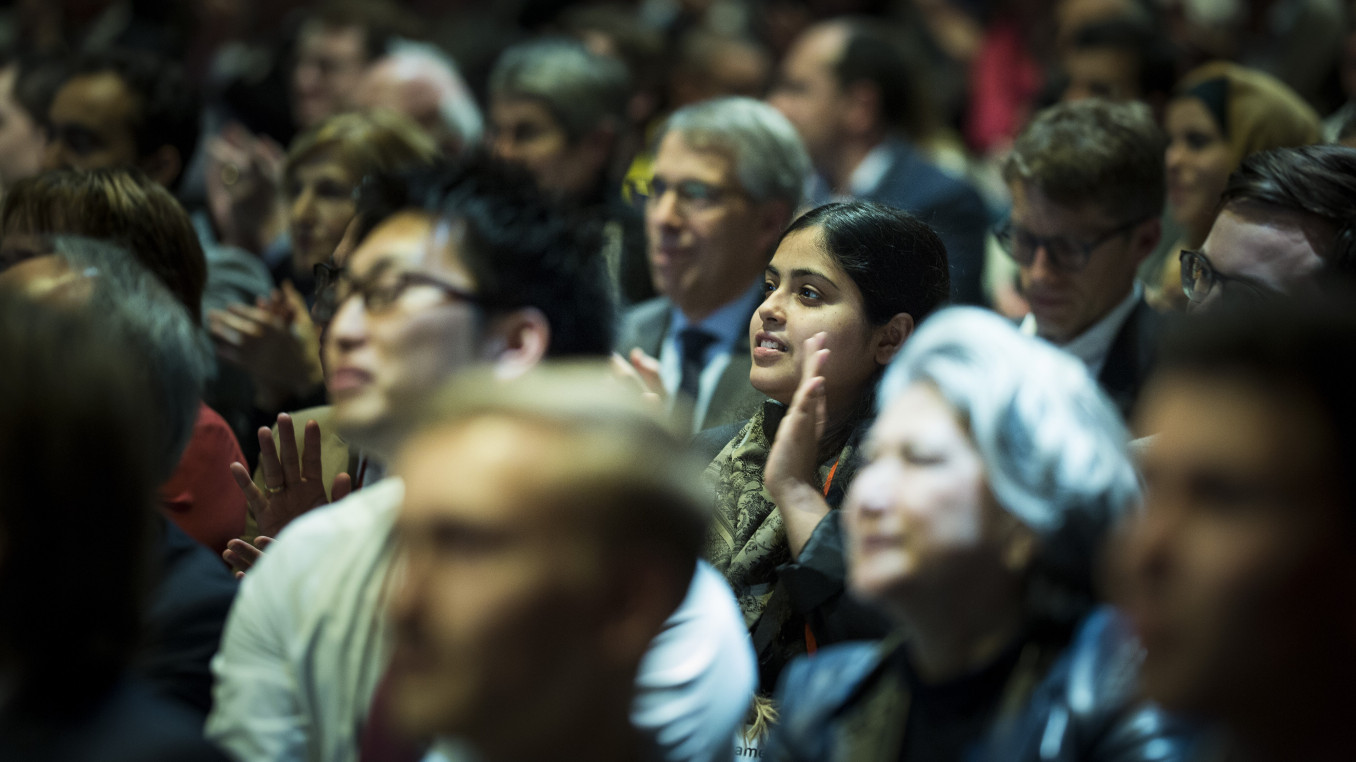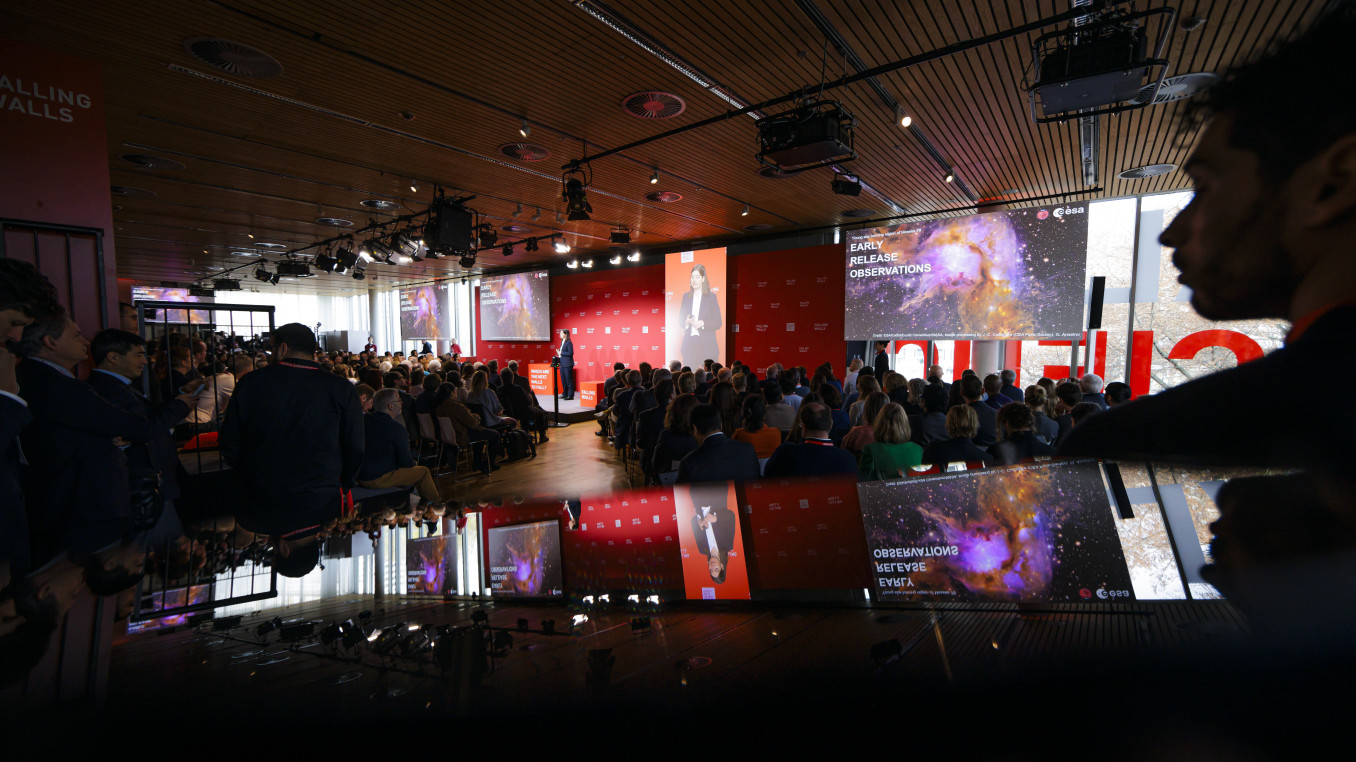Jon Roozenbeek's Innovative Battle Against Propaganda and Misinformation
Breaking the Wall of Propaganda
Winner Interview 2024: Social Sciences and Humanities
Jon Roozenbeek's research project seeks to understand and counter the manipulation tactics of modern-day propaganda, particularly during times of intergroup conflict. Initiated in 2017 with "fake news" games like Bad News and Harmony Square, the project quickly evolved into a comprehensive research program. It now encompasses psychological "vaccines" against misinformation, psychometric tests to gauge susceptibility, and studies on social media polarization, climate change attitudes, and authoritarian preferences. By integrating insights from psychology, environmental science, computer science, and sociology, Roozenbeek's work aims to uncover why people believe falsehoods and how to foster resilience against misinformation. This ambitious, cross-disciplinary effort, housed under the Cambridge Social Decision-Making Lab, continues to innovate ways to reduce the impact of propaganda and promote healthier intergroup interactions.
Which wall does your research or project break?
This research project aims to understand how modern-day propaganda tactics seek to manipulate public opinion, particularly during times of intergroup conflict, and find innovative ways to counter its influence. The project began in 2017 with a series of pilot studies with so-called "fake news" games (such as Bad News, www.getbadnews.com and Harmony Square, www.harmonysquare.game). We thus started out with trying to develop a solution to what, at the time, appeared to us as a relatively straightforward problem (namely: the spread of "fake news" on social media).
However, we gradually realised that the problem is much more complex and sophisticated, and that breaking the walls of propaganda would require a holistic approach that incorporates insights from multiple disciplines including political and social psychology, environmental science, computer science, and sociology. Since then, the project has ballooned into an extensive research programme covering topics such as developing and testing psychological "vaccines" against misinformation, creating psychometric tests to measure misinformation susceptibility, understanding how and why groups polarise on social media and how to bring people closer together, gaining insight into people's opinions and decisions when it comes to tackling climate change, and what it means for people to prefer authoritarian systems and leadership styles over democratic ones.
Taken together, these research questions approach the problem of how propaganda influences minds and behaviours from both an individual and a system perspective.
What are the three main goals of your research or project?
The three main goals of this project are 1) to understand why people believe things that are not true and how prevalent these beliefs are at the population level (for example when it comes to conspiracy theories, climate change, politics, and health); 2) to investigate how groups and identities think about themselves and others, how affective and political polarisation are influenced by events such as the outbreak of intergroup conflict, and how psychological traits and attitudes (e.g., a preference for authoritarianism or open-minded thinking) influence these dynamics; and 3) how we can leverage insights from psychology, behavioural science, and computer science to reduce susceptibility to mis- and disinformation, foster positive intergroup interactions (e.g., online), and mitigate any adverse impacts of modern technologies such as Generative AI.
These goals are ambitious and require long-term cross-disciplinary collaboration. This project has therefore existed under the umbrella of the Cambridge Social Decision-Making Lab, which sits in the University of Cambridge's Department of Psychology; the researchers who have worked there over the years all deserve a great deal of credit for any successes this project has enjoyed.
What advice would you give to young scientists or students interested in pursuing a career in research, or to your younger self starting in science?
My main advice would be not to focus too much on a research career in academia, and instead also consider research positions at companies, think tanks, NGOs, and so on. Academia can be beautiful, but it can also be stressful and difficult, with high workloads, low pay, and little job security. With respect to research specifically, I recommend keeping an open mind with respect to methodology, and to learn as much as you can in terms of both quantitative (e.g., survey research, social listening, "big data") and qualitative (e.g., semi-structured interviews or historiography) methods. Doing so not only helps you improve your research skills but also fosters a certain kind of open-mindedness when it comes to tackling research questions. In my view, the research question informs the methodology, and not the other way around; it can therefore pay to be versatile and flexible in the methods you use. Finally, if you are considering a PhD, your main job is to have fun doing it; it's only worth it if you work in a healthy and friendly environment with people whose insights and perspectives help you grow as a person and a researcher.
What inspired you to be in the profession you are today?
I started my PhD in 2016 because I was in awe of the courage and versatility of the people I met on Maidan Nezalezhnosti in Kyiv, Ukraine, during and after the Euromaidan revolution. I wanted to better understand the origins and consequences of the Donbas War, and particularly the role of propaganda.
What impact does your research or project have on society?
"Prebunking", or preemptive debunking, is now a staple of many governments' and tech companies' online harms toolkit.
What is one surprising fact about your research or project that people might not know?
Russia's propaganda machine is often framed as highly sophisticated and powerful, but in my latest book I argue that Russia's propaganda campaign in Ukraine was actually very amateurish, and failed to achieve its key objectives.
What’s the most exciting moment you've experienced over the course of your research or project?
Working together with my colleagues and collaborators, and watching young researchers grow from enthusiastic question-askers to responsible and independent investigators.


